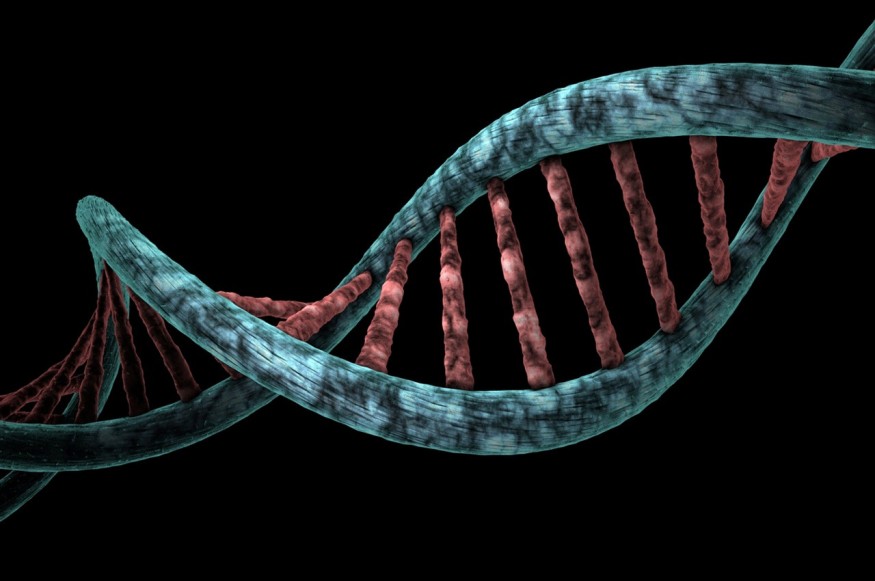Researchers from the University of Helsinki demonstrate in their new study the added value of genetic information in identifying a person's risk of developing certain diseases alongside the widely used family assessment tool.
Assessment of family history is usually done to measure an individual's risk of developing common diseases, like cancer, coronary heart disease, and diabetes. But the use of polygenic risk scores based on genome-wide DNA testing has also proven effective in recent years to assess the chances of developing diseases as it measures the genetic risk factors of a person.

Risk Assessment Using Family History
According to a paper in the American College of Obstetricians and Gynecologists (ACOG), family history plays an important role in assessing the risk of inherited medical conditions. Some cancer types, like breast cancer and colon cancer, appear frequently among family members which is why women receive a family history evaluation as a screening tool for inherited risk.
Physicians have started initiatives to educate both healthcare providers and patients about the significance of collecting a family history as a screening tool. These programs helped furthered research in determining genotype-phenotype correlations and enhanced the ability to predict how high the chances are for an individual to develop hereditary medical conditions.
There are several methods that have been established to gather information for assessing family history. It could include a family history questionnaire or checklist that allows the patient to contact family members for more accurate data. Then it should be followed up with direct questioning by the health care provider to get more details and clarify some details.
Another way to gather family history is the pedigree. The healthcare provider may complete a detailed pedigree or refer the patient to a genetics professional. A pedigree shows at least three generations of the patient made by using standardized symbols that mark individuals affected with a medical condition.
The increased awareness of the importance of family history assessment tools increases surveillance and hope for improved outcomes.
Polygenic Risk Assessment is Also Useful in Determining Risk
Researchers compared the family history assessment tool to polygenic risk assessment for more than 20 common diseases, like cardiovascular disease, common cancers, and musculoskeletal disorders. According to Medical Xpress, both assessment tools provide complementary information for the assessment of inherited disease.
Nina Mars, the study's first author said that the findings show that the two measures complement each other and combing them provides more accurate information for the evaluation of hereditary medical conditions. The study was based on the data from the FinnGen research project with over 300,000 Finnish biobank participants.
They found that people with both affected family members and higher-than-average polygenic risk are more likely to develop certain diseases. More so, the findings reveal that a lower-than-average polygenic risk compensated for having a high risk due to family history.
Polygenic risk assessment may provide more individualized information, but it is not a substitute for family history. The study and previous studies show that it adds value to existing clinical risk prediction tools being used.
The research team discussed the findings of their study titled "Family History Assessment Significantly Enhances Delivery of Precision Medicine in the Genomics Era," which was published in the journal Genome Medicine.
Check out more news and information about Genetics in Science Times.










